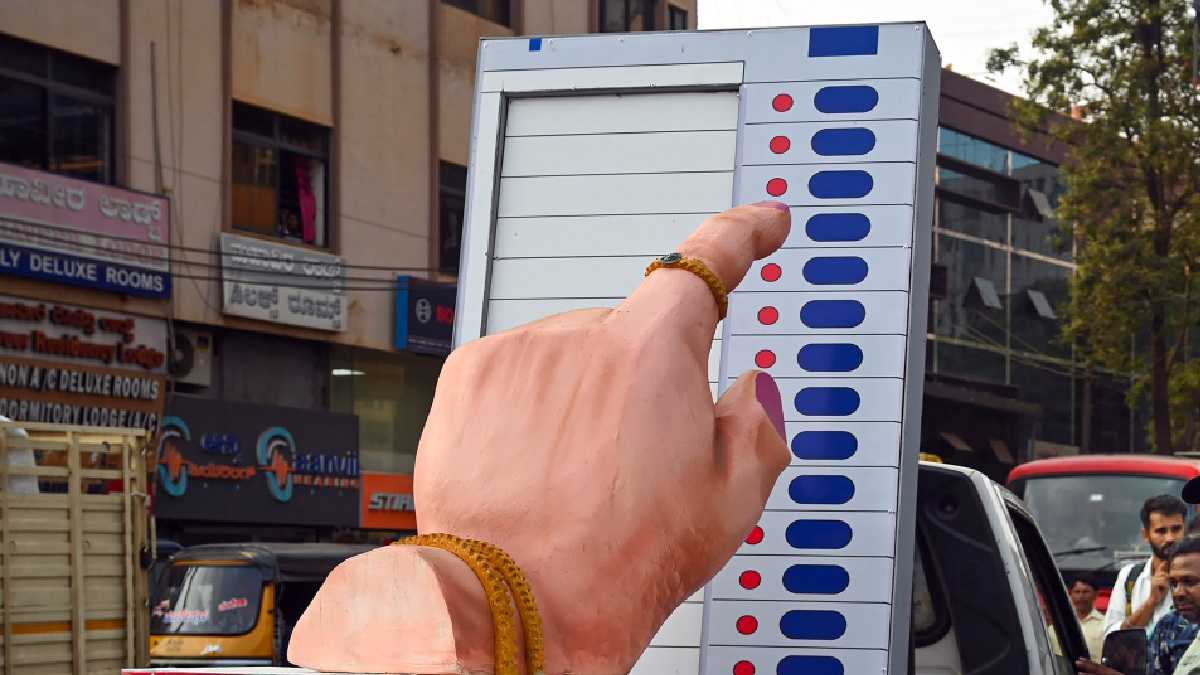Bad air clouds Hong Kong's future as global hub
HONG KONG, May 3 (Reuters) Mark Williams, one of Hong Kong's top marathon runners, has had enough of the city's dirty air and is leaving for New Zealand with his wife and two young children in July.
''I'm glad I am going. The air's not going to improve. In the eight years I have been here, it's got worse,'' the 35-year-old school teacher told Reuters.
''When I go running, I have to run in places that are not polluted ... and there are fewer and fewer places to run,'' he said, adding that the need for space and clean air was forcing him out of Hong Kong and into New Zealand.
Many of Hong Kong's 7 million people are resigned to the city's bad air. As for tourists, they take home photographs of a Victoria Harbour shrouded in smog -- a choking cocktail of sulphur dioxide, carbon monoxide, nitrogen oxides, suspended particulates, volatile organic compounds and ozone.
For 87 days in 2004, the city's air exceeded 100 on the pollution index, up from 53 days in 2003, and people with heart and respiratory illnesses were urged to cut activities outdoors.
Surveys show Hong Kong slipping down the ladder as an ideal home for expatriates.
The number of Americans, Australians, Britons and Canadians living and working in Hong Kong has plunged almost 26 percent to 79,190 by the end of 2005 from 106,740 in 2001, according to government figures.
Government officials and academics believe the appeal of the city was being eroded by worsening pollution, high costs and a growing tendency for foreign companies to base their staff in mainland China.
In a recent annual survey by human resources consultancy ECA International, Asian expatriates rated Hong Kong as the 32nd best spot to live out of 257 locations worldwide, down from its 20th position in 2005. Deteriorating air quality was cited by the consultancy as the reason for the city's declining appeal.
People typically blame China's southernmost province, Guangdong, and its burgeoning Pearl River Delta for their pollution-spewing factories and power plants.
WE'VE GOT THE POWER ... STATIONS However, studies show Hong Kong is itself to blame.
''Hong Kong isn't anywhere good enough for it to blame others. Hong Kong spews 70 tonnes of sulphur dioxide per square km each year, compared to 12 tonnes in the Pearl River Delta,'' said Chow Sze-chung, a Greenpeace activist.
''Ninety-two percent of the total sulphur dioxide produced in Hong Kong is from power stations, burning coal,'' said Chow, referring to major power supplier CLP Holdings, which has eight coal-fired units, with no flue gas desulphurisation.
''Hong Kong really has very big polluting sources, although its absolute amount of emissions is not big because it is such a small place compared to China.'' The problem is certainly not lost on Williams, who suffered after running the Standard Chartered Hong Kong Marathon on February 12, when pollution levels hit nearly 150.
''I felt awful for days, my body was rejecting something.
There was a chemical feeling, a really bad taste in your mouth and throat. Headaches,'' said the athlete, who won 70 percent of the 130 races he entered in the past four years.
He finished the race in 2 hours 37 minutes. But it was when he ran the marathon in Queenstown, New Zealand, five weeks later that he felt a world of difference.
''I recovered the next day. I ran faster and it was hillier.
Because I did such a chalk and cheese marathon five weeks later, no doubt (it was pollution). Running the Hong Kong marathon probably did me more harm than good,'' said Williams.
Hong Kong's bad air has begun to worry big business, which has had trouble hiring foreign talent.
Top corporates and chambers of commerce got together in 2005 to form the Business Coalition on the Environment to get firms here, many of which have factories in mainland China, to clean up.
By the end of 2005, more than 200 companies had signed a Clean Air Charter, pledging to control their emission of air pollutants and to save energy.
''The impetus comes from looking out of the window, it is easy to see,'' said business coalition convenor James Graham.
''It used to be that air wasn't on the agenda, it just didn't matter. Now people are telling us that people they can attract are looking at what's the air quality like in Hong Kong.'' Reuters CH VP0907


 Click it and Unblock the Notifications
Click it and Unblock the Notifications




